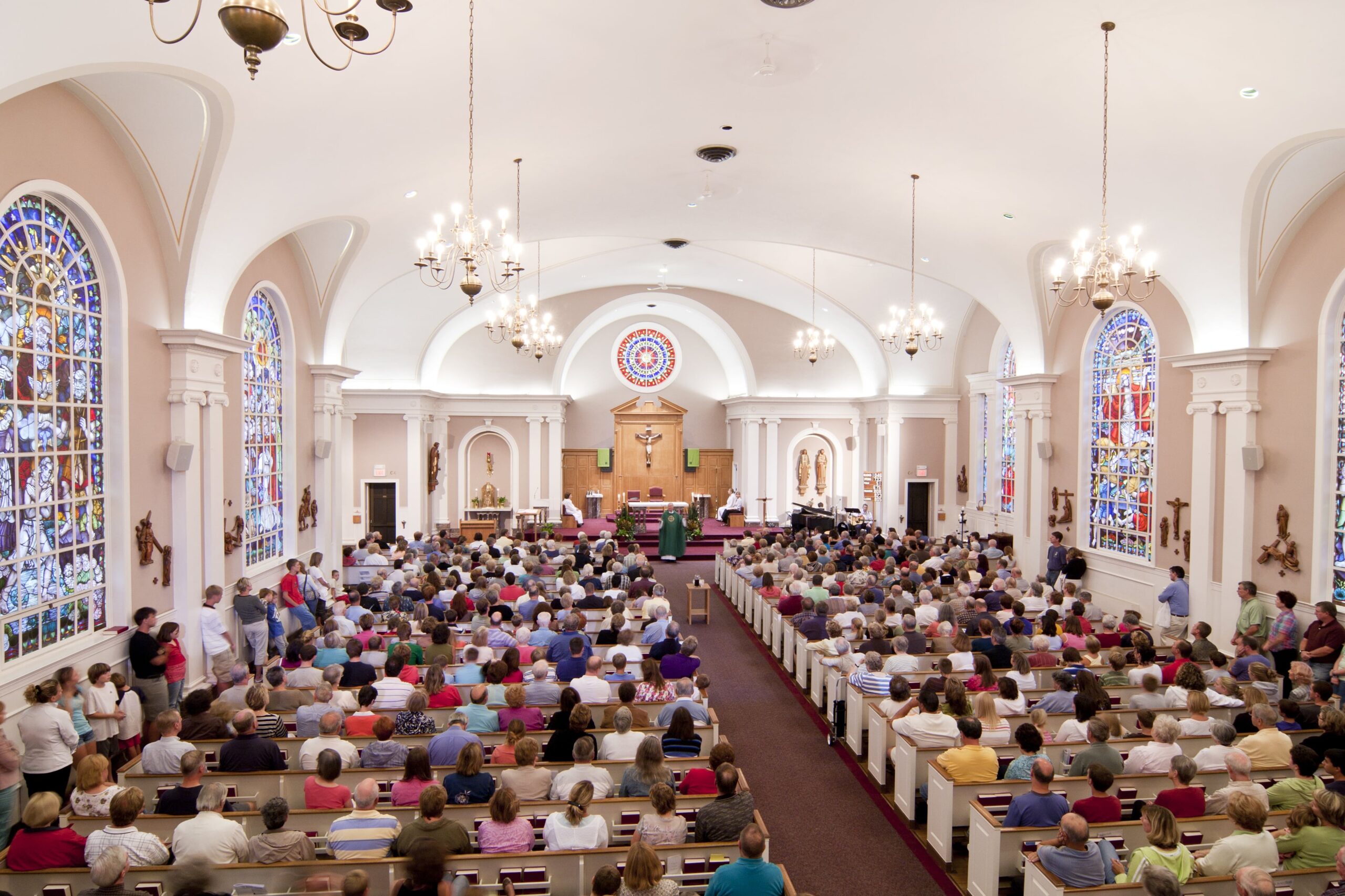American culture has seen dramatic changes in recent years. Some of those can be seen as positive, but there are also changes which should concern us. One of those areas of concern is the lost art of dialogue.
A person used to be able to sit down with someone and have an engaging conversation, even about things on which they did not agree, and walk away still respecting one another. And in the process, they’re likely learning something new as well. Those days seem to be a memory now.
Our current pattern appears to no longer be a dialogue, but rather a monologue: we talk at one another instead of with one another. We listen enough to respond instead of listening for the sake of hearing one another. Conversations quickly focus on determining which side of an issue the other person is on. We link a person’s opinion on a topic to their character. Their opinion determines whether are they a good person or a bad person. Unfortunately, that can quickly devolve into labeling, judgment, assumptions, and the ensuing talking at one another. We too easily rely on sound bites from the media, memes, and caricatures, as well as headlines of stories we may not have even read to form our opinions and responses to help us win these heated exchanges rather than trying to engage in enriching and meaningful conversation.
This behavior, sadly, is not absent from the Christian community and our churches. When was the last time we approached a conversation with the intent of hearing the other person? Just hearing them. Not trying to correct them or convince them to change their minds. Just hearing them and maybe asking clarifying questions that help us understand their point of view, and maybe to empathize with them just a bit.
Hearing someone’s perspective on an issue is a way of breaking down some of the walls that seem to quickly arise between us. It’s a way of extending dignity to that person, no matter how much we might disagree with them. After all, the same God who created us, also created them in His image. Listening may also help us learn something new about the topic or about the person.
So why not give it a try? Let’s listen for the sake of hearing, not responding. Let’s ask clarifying questions (not rhetorical, leading, badgering, or sarcastic ones) that help us understand the other person’s perspective. And if given the chance, let’s thoughtfully articulate our perspective in a way that maintains dialogue, not monologue. We must work hard to reach a conclusion that allows us to respect one another, even if we disagree. We might be surprised at how much more we have in common if we focus on talking instead of arguing.
This lost art of dialogue becomes all the more important when we consider those outside the Church. It is powerfully attractive to many outside the Church when Christians can engage in respectful, intelligent dialogue on current events. Too often the Church and Christians are seen among the most hardened or ignorant when it comes to dialogue on sensitive issues. We can begin to change that. We will be better for it, our churches will be better for it, and the people we dialogue with will be better for it.




